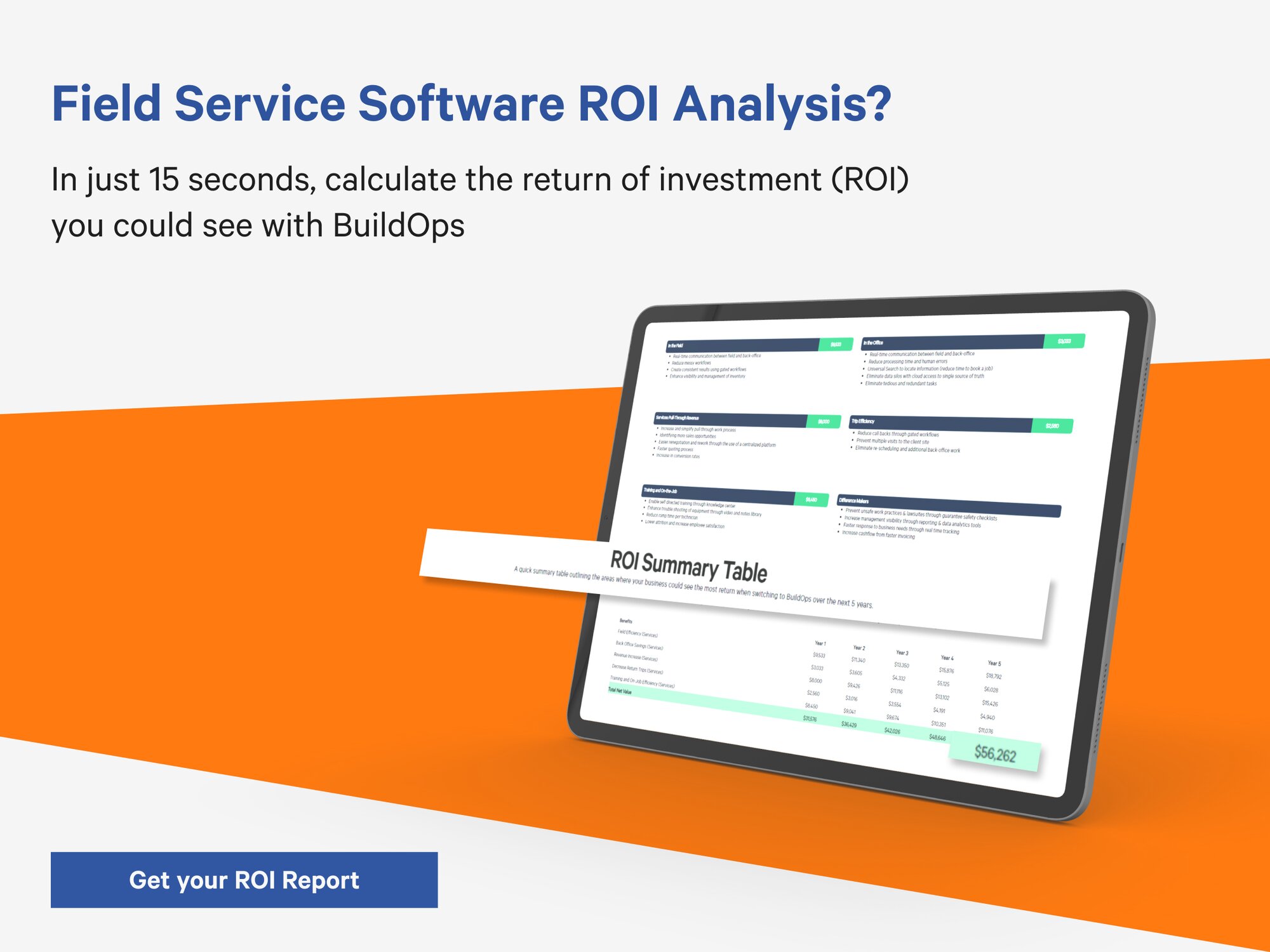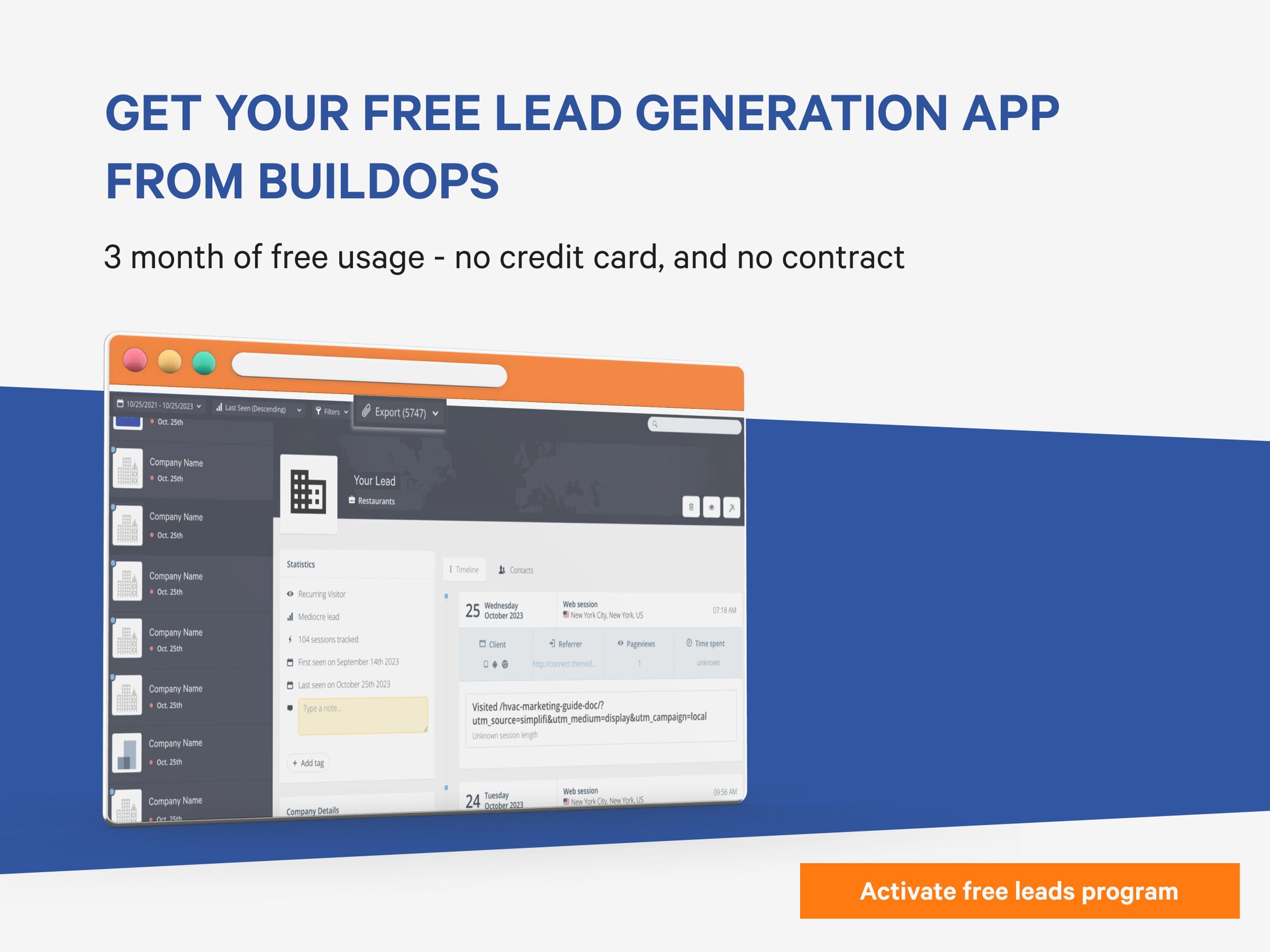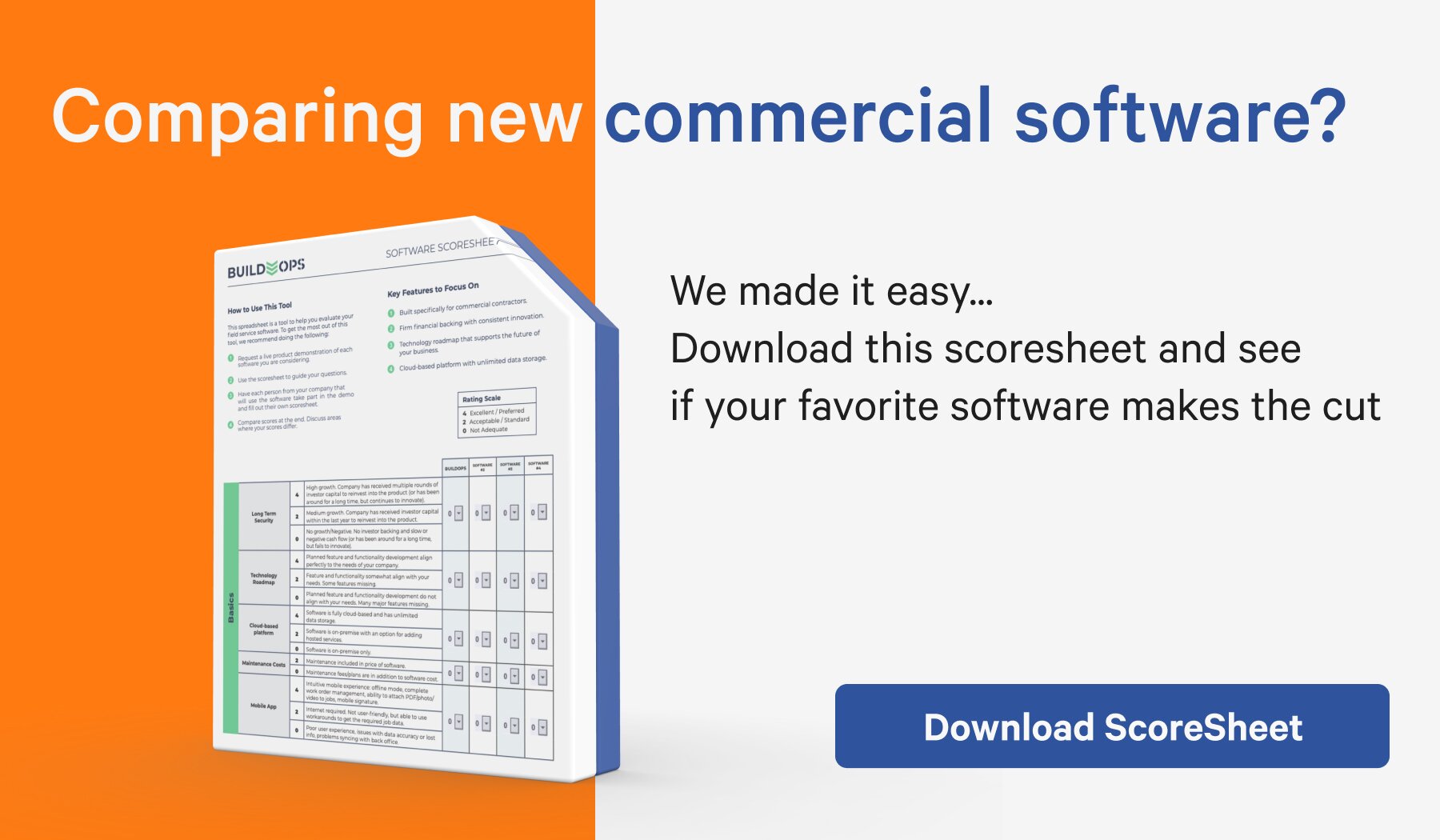Customer service CRM is a tool used by businesses to manage and improve their relationship with their customers. It is a combination of technology, processes, and strategies that help in providing a seamless and personalized experience to the customers throughout their journey with the company.
One of the key components of customer service CRM is the use of a customer database. This database contains valuable information about the customers, such as their purchase history, contact information, and preferences. This enables businesses to have a better understanding of their customers and target them with relevant and personalized offers and services.
Another important aspect of customer service CRM is the implementation of efficient communication channels. This includes not only traditional methods like phone and email but also modern channels like social media and live chat. By being available on multiple channels, businesses can provide timely and effective support to their customers, thereby improving their satisfaction and loyalty.
Moreover, customer service CRM helps in streamlining processes and operations, resulting in increased efficiency and productivity. With the use of automation and artificial intelligence, routine tasks can be automated, freeing up time for the customer service team to focus on more complex and important issues.
In addition, customer service CRM enables businesses to track and analyze customer interactions, allowing them to identify patterns and trends in customer behavior. This information can then be used to make data-driven decisions and implement strategies to better meet customer needs and expectations.
Overall, customer service CRM plays a crucial role in building and maintaining a strong relationship with customers. By utilizing this tool, businesses can improve customer satisfaction, increase customer retention, and ultimately drive business growth. Therefore, it is essential for companies to invest in a robust customer service CRM system to enhance their overall customer experience.
The Benefits of Using Customer Service CRM for Small Businesses
Customer service CRM is a valuable tool for any business, but its benefits are particularly significant for small businesses. With limited resources and tighter budgets, small businesses can greatly benefit from the use of customer service CRM to improve their customer relationships and drive growth.
First and foremost, customer service CRM allows small businesses to personalize their interactions with customers. By having access to customer data and preferences, small businesses can tailor their services and offers to meet the specific needs and wants of their customers. This level of personalization can lead to increased customer satisfaction and loyalty, which is crucial for the success of any small business.
Additionally, customer service CRM can help small businesses streamline their operations. With automation and AI, routine tasks can be automated, freeing up time for small business owners to focus on other aspects of their business. This can not only save time and increase efficiency but also reduce the risk of human error.
Moreover, customer service CRM offers small businesses the ability to track and analyze customer interactions. This data can provide valuable insights into customer behavior, allowing small businesses to make informed decisions and create effective strategies to retain and attract more customers.
Furthermore, customer service CRM enables small businesses to be available on multiple communication channels. This allows them to provide support to their customers in a timely and convenient manner, leading to improved customer satisfaction and retention.
Finally, customer service CRM can help small businesses build a strong brand reputation. With personalized and efficient customer service, small businesses can enhance their reputation and attract new customers through positive word-of-mouth.
Enhancing Customer Engagement Through Effective Customer Service CRM Strategies
Customer engagement is essential for any business to thrive and succeed. With the increasing competition in the market, it has become crucial for businesses to focus on providing exceptional customer service to keep their customers engaged. This is where customer service CRM strategies come into play.
One of the key factors in enhancing customer engagement through customer service CRM is the use of personalized communication. By utilizing customer data, businesses can target their customers with relevant and personalized messages, leading to increased engagement and loyalty.
Moreover, businesses can also use customer service CRM to stay connected with their customers through various communication channels. Whether it’s through social media, email, or phone, being available on multiple channels allows businesses to engage with their customers in a more convenient and timely manner, ultimately leading to stronger customer relationships.
Furthermore, businesses can use customer service CRM to gather feedback from their customers. This not only helps in improving the overall customer experience but also makes the customers feel heard and valued, thereby increasing their engagement with the brand.
In addition, customer service CRM enables businesses to provide proactive support. By monitoring customer interactions and behavior, businesses can anticipate their needs and address any issues before they escalate. This can greatly enhance customer satisfaction and keep them engaged with the brand.
Lastly, businesses can use customer service CRM to reward and recognize loyal customers. By tracking and analyzing customer data, businesses can identify their highest-value customers and show appreciation through exclusive offers or rewards. This not only strengthens the customer relationship but also encourages customer engagement and retention.
How Customized Communication Channels Improve Customer Satisfaction in CRM
Effective communication is essential for building and maintaining strong customer relationships. When it comes to customer service CRM, tailoring communication channels to meet the needs and preferences of customers can greatly improve their satisfaction with the company. Here’s how customized communication channels can enhance customer satisfaction in CRM.
The first and most important benefit of customized communication channels is the convenience it offers to customers. By allowing customers to choose their preferred method of communication, businesses can ensure that they are reaching out to customers on platforms they are comfortable with. This can lead to quicker response times and a more satisfying customer experience.
Moreover, customized communication channels allow for more personalized interactions between businesses and customers. By utilizing customer data, companies can tailor their communication to specific customer segments, making them feel understood and valued. This level of personalization can greatly enhance customer satisfaction and build stronger relationships.
In addition, customized communication channels can help businesses be more timely and effective in their customer service. For example, some customers may prefer live chat for quick and efficient responses, while others may prefer email for more detailed inquiries. By providing a range of communication options, businesses can cater to different customer needs and enhance their satisfaction.
Furthermore, customized communication channels can also help in proactive customer service. By tracking customer interactions, businesses can anticipate their needs and contact them before they even reach out for assistance. This can greatly improve customer satisfaction and reduce the likelihood of negative experiences.
The Role of Customer Database in Creating Personalized Experiences with CRM
Customer databases play a crucial role in creating personalized experiences for customers through customer service CRM. These databases store valuable information about customers, including their purchase history, preferences, and contact information.
One of the main benefits of having a customer database is the ability to understand customers better. By analyzing customer data, businesses can gain insights into their behavior, needs, and preferences. This allows them to create targeted and personalized experiences for each customer, leading to higher satisfaction and loyalty.
In addition, a customer database enables businesses to segment their customers based on various criteria. By dividing customers into different groups, businesses can tailor their marketing and communication efforts to each specific segment. This can lead to more effective and relevant interactions with customers, resulting in a more personalized experience.
Moreover, customer databases facilitate efficient communication and follow-up with customers. With contact information readily available, businesses can easily reach out to customers and keep them updated on their orders, inquiries, or any other issues. This level of timely and effective communication can greatly enhance the overall customer experience.
Furthermore, customer databases help in providing proactive and personalized customer service. By tracking customer data and interactions, businesses can anticipate their needs and address any issues before they arise. This not only improves customer satisfaction but also builds a relationship based on trust and care.
Leveraging Automation and AI in Customer Service CRM for Efficient Operations
The use of automation and artificial intelligence (AI) in customer service CRM has revolutionized the way businesses operate and interact with their customers. These technologies offer numerous benefits, such as improved efficiency, productivity, and customer satisfaction.
One of the key advantages of leveraging automation and AI in customer service CRM is the ability to streamline operations. Routine tasks such as data entry, scheduling, and follow-ups can be automated, freeing up time for the customer service team to focus on more complex and important issues. This not only saves time but also reduces the risk of human error.
Moreover, automation and AI also play a crucial role in providing quick and efficient customer service. With the use of chatbots and virtual assistants, businesses can respond to customer inquiries and provide support 24/7 without the need for human intervention. This not only improves response times but also ensures consistency in interactions with customers.
In addition, automation and AI help in providing personalized experiences for customers. By utilizing customer data and AI algorithms, businesses can offer tailored services and recommendations to each customer, making them feel valued and understood. This level of personalization can greatly improve customer satisfaction and foster a stronger relationship with the brand.
Furthermore, the use of automation and AI can enhance data analysis and decision-making. By analyzing customer interactions and behavior, these technologies can identify patterns and trends that would be difficult to detect manually. This information can then be used to make data-driven decisions and implement strategies to better meet customer needs and expectations.
Key Takeaways
Customer service CRM is a valuable tool for businesses to manage and improve their relationship with customers. It includes a customer database, efficient communication channels, streamlined processes, and data analysis. Small businesses can greatly benefit from customer service CRM, as it allows for personalized interactions, efficient operations, and brand reputation building. Effective customer service CRM strategies focus on customized communication channels, gathering feedback, proactive support, and customer recognition. Customized communication channels can enhance customer satisfaction by providing convenience, personalization, timeliness, and proactive service. Customer databases play a crucial role in creating personalized experiences by understanding customers, segmenting them, facilitating communication, and providing proactive service. Automation and AI in customer service CRM offer benefits such as streamlined operations, efficient customer service, personalized experiences, and data-driven decision-making.







